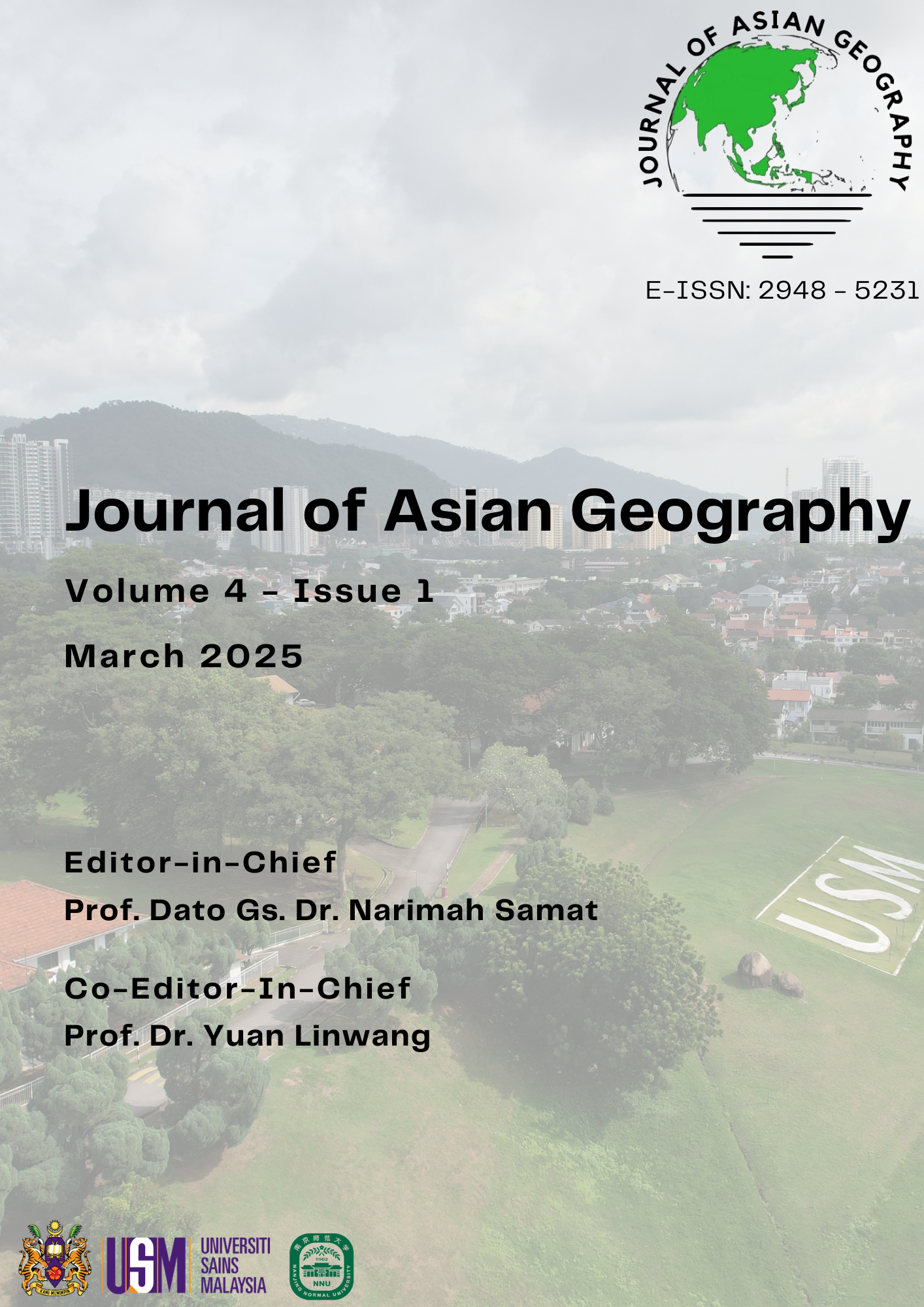Mitigating Ecotourism Challenges through Effective Stakeholder Engagement: Insights from Udawalawa National Park in Sri Lanka
DOI:
https://doi.org/10.36777/jag2025.4.1.5Abstract
Ecotourism is an expanding segment of global tourism that promotes sustainable travel, balancing environmental conservation, cultural preservation, and economic benefits. In Sri Lanka, it serves as a vital mechanism for leveraging the country's biodiversity and natural resources while addressing challenges in conservation and stakeholder participation. However, ineffective implementation—often stemming from insufficient stakeholder commitment to ecotourism principles—poses significant challenges. This study aims to analyze stakeholder dynamics and propose strategies to enhance their commitment to effective ecotourism practices in Udawalawe National Park. Data were collected from 33 stakeholders through interviews and field observations, with findings quantified using the Relative Importance Index. Environmental considerations ranked highest among stakeholder priorities (0.648), followed by mutual understanding (0.636) and transparency (0.606). Key challenges identified include environmental degradation, governance gaps, economic disparities, and social disruptions. Critical threats such as poaching (38%), mining (31%), and overcrowding (12%) further hinder sustainable efforts. The Power-Interest and Influence-Commitment Matrices reveal disparities in stakeholder engagement, underscoring the need for decentralized governance and inclusive strategies. Recommendations include equitable economic distribution, the development of eco-friendly infrastructure, and educational programs to foster cultural and environmental awareness. This study emphasizes the integration of stakeholder dynamics as essential for achieving long-term sustainable ecotourism development.

Downloads
Published
Issue
Section
License
Copyright (c) 2025 Journal of Asian Geography

This work is licensed under a Creative Commons Attribution 4.0 International License.

